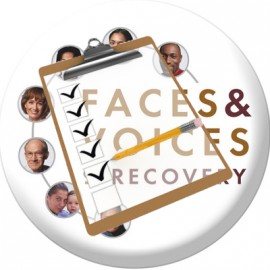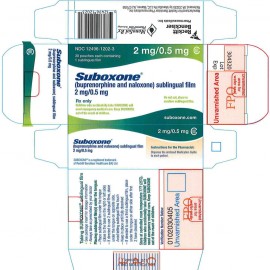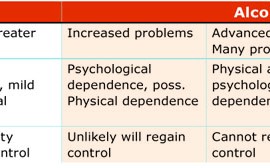Topic: research
Women and Men: Different Experiences of Recovery
By extension, (women’s) recovery success will positively affect communities’ (and the nation’s) health and economy.
Topics: recovery-friendly, research
Opioid Maintenance: Life Sentence?
Informed client choice means accurate information about the likely outcome of decisions made early in treatment.
Topics: MAT, opioids, research, therapies and tools, treatment models
Evolution of a Disease Concept
A model generally supersedes other models not because it is perfect in every respect, but because it seems to explain certain aspects better than its predecessors.
Topics: addiction and the brain, alcoholism, clinical management, disease, disease model, physical effects, research, systems
Treatment Outcomes: Does it Work?
Our longstanding practice of branding anyone who drank again a ‘failure’ kept us from recognizing very real success right under our noses.
Topics: abstinence, mortality, outcomes, prognosis, relapse, research
“Weak” Evidence for Prescription Opioid Effectiveness
Topics: opioids, prescription medications, research
Is LSD Going to Cure Alcoholism?
The Norwegian study is part of an ongoing effort to restore the right of researchers to conduct studies involving therapeutic uses of LSD.
Topics: alcohol, alcoholism, hallucinogens, research
Deterring Drunk Driving: Do Sanctions Work?
One state estimates around a fifth of offenders are rearrested within three years of the prior conviction. Expand that window to five or ten years and the rate is likely substantially higher.
Topics: criminal courts, DUI/DWI, legal problems, research
Deterring Drunk Driving: Who’s Likely to Reoffend?
One or two (risk factors) is not as suggestive of repeat offending as four or five. But it does allow a clinician to apply a rough risk profile to a particular offender.
Topics: DUI/DWI, legal problems, research, risk factors















